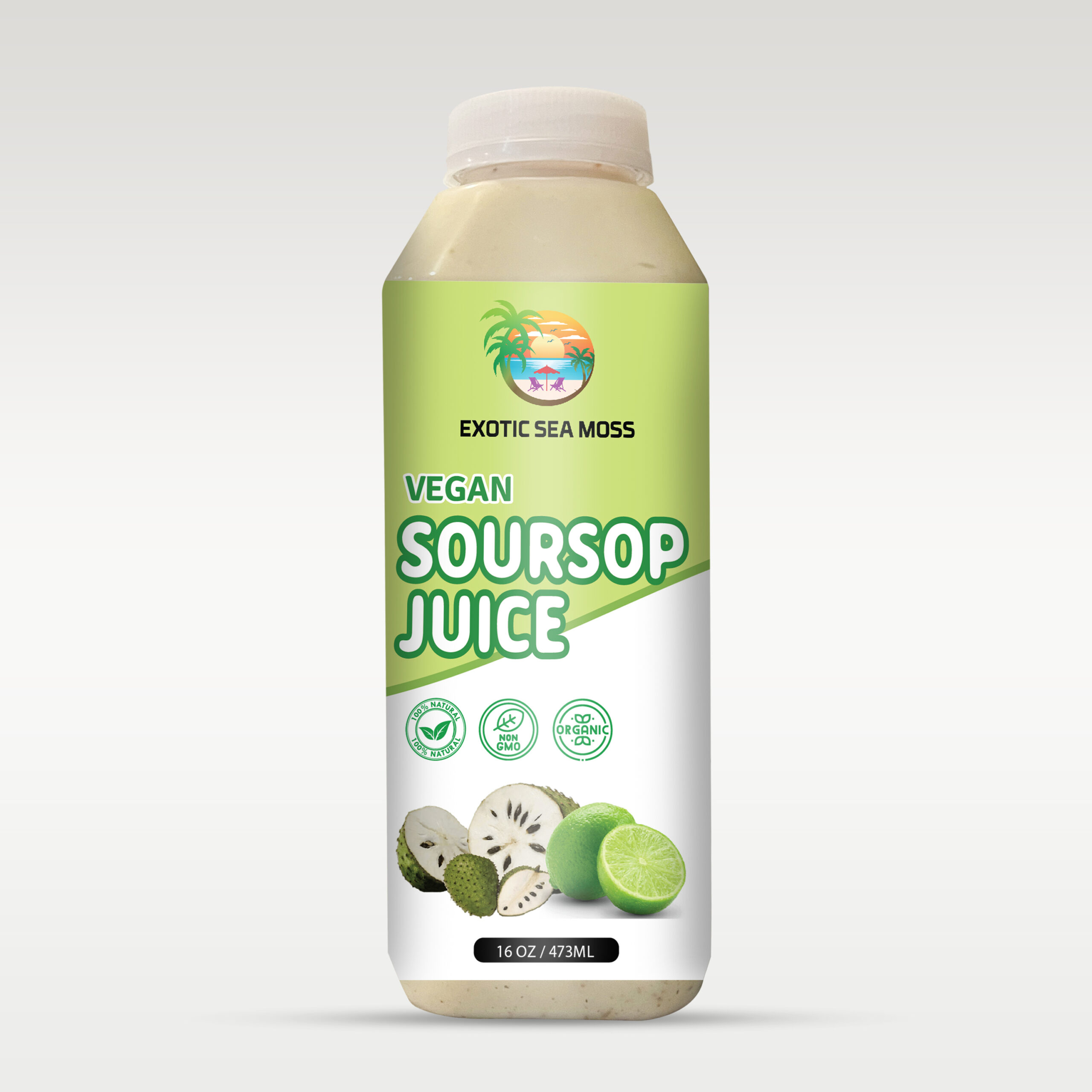Description
Soursop (Graviola / Guanabana) – Tropical Superfruit
Soursop is a unique tropical fruit prized for its creamy, custard-like flesh and sweet-tart flavor reminiscent of pineapple, strawberry, and citrus. Native to warm regions, it’s enjoyed fresh, in smoothies, juices, or desserts—and celebrated for its rich nutrient content and antioxidant properties.
Packed with Essential Nutrients
Soursop is a natural source of key vitamins and minerals, including:
• Vitamin C (a powerful antioxidant for immune support)
• B Vitamins (B1/thiamine, B2/riboflavin, B3/niacin)
• Folate
• Calcium
• Iron
• Potassium (supports heart health and muscle function)
• Magnesium
• Phosphorus
• Zinc
• Copper
A single cup of raw soursop pulp provides significant vitamin C (often over 50% of daily needs), fiber for digestion, and potassium, all in a low-fat, nutrient-dense package.
Potential Health Benefits
Soursop has been used in traditional medicine for centuries and contains bioactive compounds like acetogenins, flavonoids, and phenolics that show promise in research. While more human studies are needed, preliminary evidence (mostly from lab and animal studies) suggests it may support:
• Antioxidant protection — Helping combat oxidative stress and support overall cellular health.
• Immune function — Thanks to its high vitamin C content.
• Digestive wellness — Fiber aids regularity and may ease intestinal upset or stomach discomfort.
• Energy and nutrient support — Iron and folate contribute to red blood cell production, potentially helping with iron deficiency anemia.
• Anti-inflammatory effects — May offer relief for minor inflammation-related issues like joint discomfort or arthritis pain (traditional use).
• Blood pressure and blood sugar management — Potassium supports healthy levels; some studies indicate potential benefits for glucose regulation.
• Other traditional uses — For headache/migraine relief, cough/asthma support, urinary tract health, leg cramp prevention, and boosting energy.










There are no reviews yet.